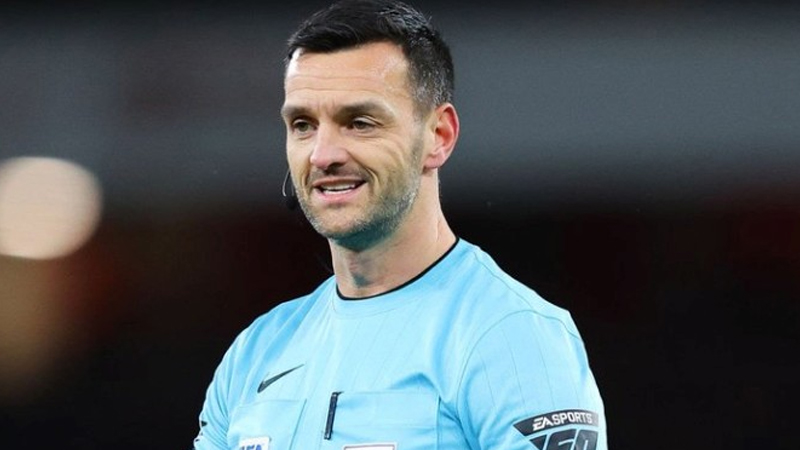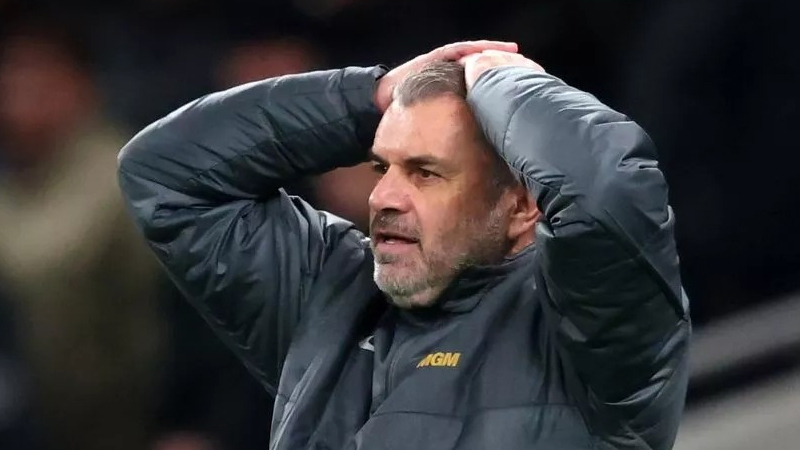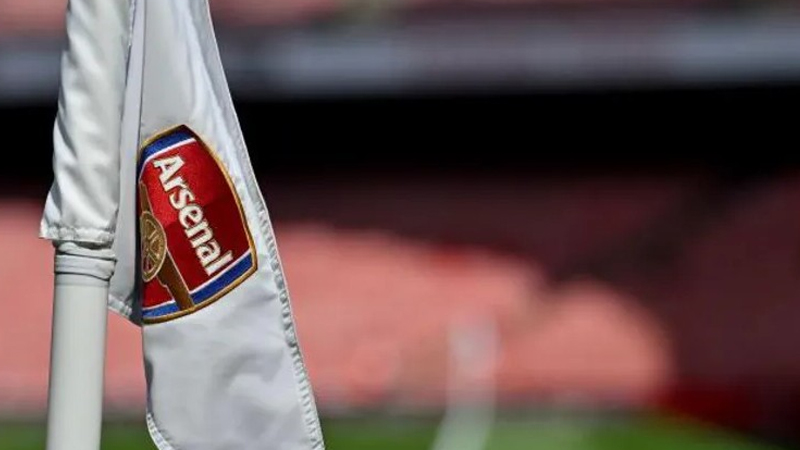This weekend, the FA Cup Round of 64 has kicked off, with a total of 32 matches that will run from late Thursday night Beijing time to early Tuesday morning next week. In the completed matches, two Premier League teams, Fulham and Everton, have advanced smoothly. On Sunday, Arsenal will host the reigning champions Manchester United, becoming the highlight of this round.
As usual, the 20 teams from the Premier League join the competition from this round onwards. However, this season's FA Cup has seen several rule changes. First, the much-criticized replay system for draws has been abolished. All drawn matches no longer require a home exchange rematch but instead go directly into extra time and possibly a penalty shootout. This change is welcomed by many teams as it significantly reduces the number of matches and eases the scheduling pressure.

Secondly, matches that were often held during the week in the past will now be scheduled on weekends after this round. Up to the semi-finals, there will even be dedicated independent match weekends, with no concurrent Premier League games. This clearly helps to increase the attention on the FA Cup, allowing fans to focus on domestic cup competitions.
Additionally, the lack of video assistant referees (VAR) support in the early stages of domestic cup competitions has caused some controversy. Considering costs related to facilities and personnel, the Football Association has announced that VAR will only be introduced from the quarter-finals of the FA Cup. Therefore, these two rounds of matches will rely solely on the cooperation and judgment of the on-field refereeing team. Even with VAR, controversies still arise frequently.

Lastly, the FA Cup final is no longer held after the end of the Premier League season but is scheduled for the weekend before the penultimate round of the Premier League. This change affects only two teams, but for those with a chance to compete for the title, the scheduling pressure in the final moments becomes quite intense. According to the arrangement, the FA Cup final and the penultimate round of the Premier League will take place simultaneously. Teams participating in the final can only advance or postpone their league schedule. The following week features the Europa League final and the last match of the Premier League season, with the finals of the Europa Conference League and the Champions League taking place a week later.
It's easy to imagine that if Manchester United or Tottenham perform exceptionally well, they could have the opportunity to play the final matches of the FA Cup, Europa League, and Premier League within 7 days, which would be quite interesting. Similarly, if a team reaches the FA Cup final and also enters the final of the Champions League or Europa Conference League, they would need to conclude three major competitions within 10 or 14 days.

Back to this round of the FA Cup, there aren't many strong matchups among the 32 games. Liverpool, Chelsea, and Manchester City face opponents from the fourth-tier English Football League Two, while Tottenham is even "luckier," facing a semi-professional team from the fifth tier. Only Arsenal and Manchester United are paired together right from the start, making them the focus of this round.
An incident off the field has caught people's attention. According to the rules, the away team can be allocated at least 15% of the tickets. However, for Manchester United's away match against Arsenal, fewer than 8,000 tickets were allocated, which is still a short distance from the minimum threshold of 9,000 for the 60,000-capacity Emirates Stadium.

Therefore, Manchester United proposed a preferential plan, hoping to provide an additional 1,000 tickets to neutral fans who rarely have the opportunity to attend matches, such as emergency service personnel in firefighting and medical fields, grassroots football workers, or families and children supported by charity.
However, local media "The Mail" revealed that this plan has been rejected by Arsenal and the Football Association due to safety concerns. These seats are located in the upper tiers of the Emirates Stadium, and there is a high likelihood that they will remain empty during the match.

Interestingly, this issue is not new. Last season in the FA Cup, when Arsenal faced Liverpool at home, the visiting team was initially only allocated 5,200 tickets. After coordination, they could only get 7,600, which also did not meet the "standard." Similar to Manchester United's allocation of fewer than 8,000 tickets this time, Liverpool had the same problem.
It's worth noting that in the Round of 64 last season, Arsenal had similarly bad "luck," encountering Liverpool early. Kievit's own goal put the team behind, and they eventually lost 2-0 at home to Liverpool. This time, facing Manchester United early, will Arsenal repeat the same mistake?